From diet to exercise and sleep, these are the Michael Mosley tips that health experts swear by
Just One Thing became a trademark of the doctor-turned-broadcaster who tragically died last month. As the BBC celebrates his life with a special tribute, Maria Lally discovers what pieces of life-changing advice other wellness gurus have incorporated into their own routines

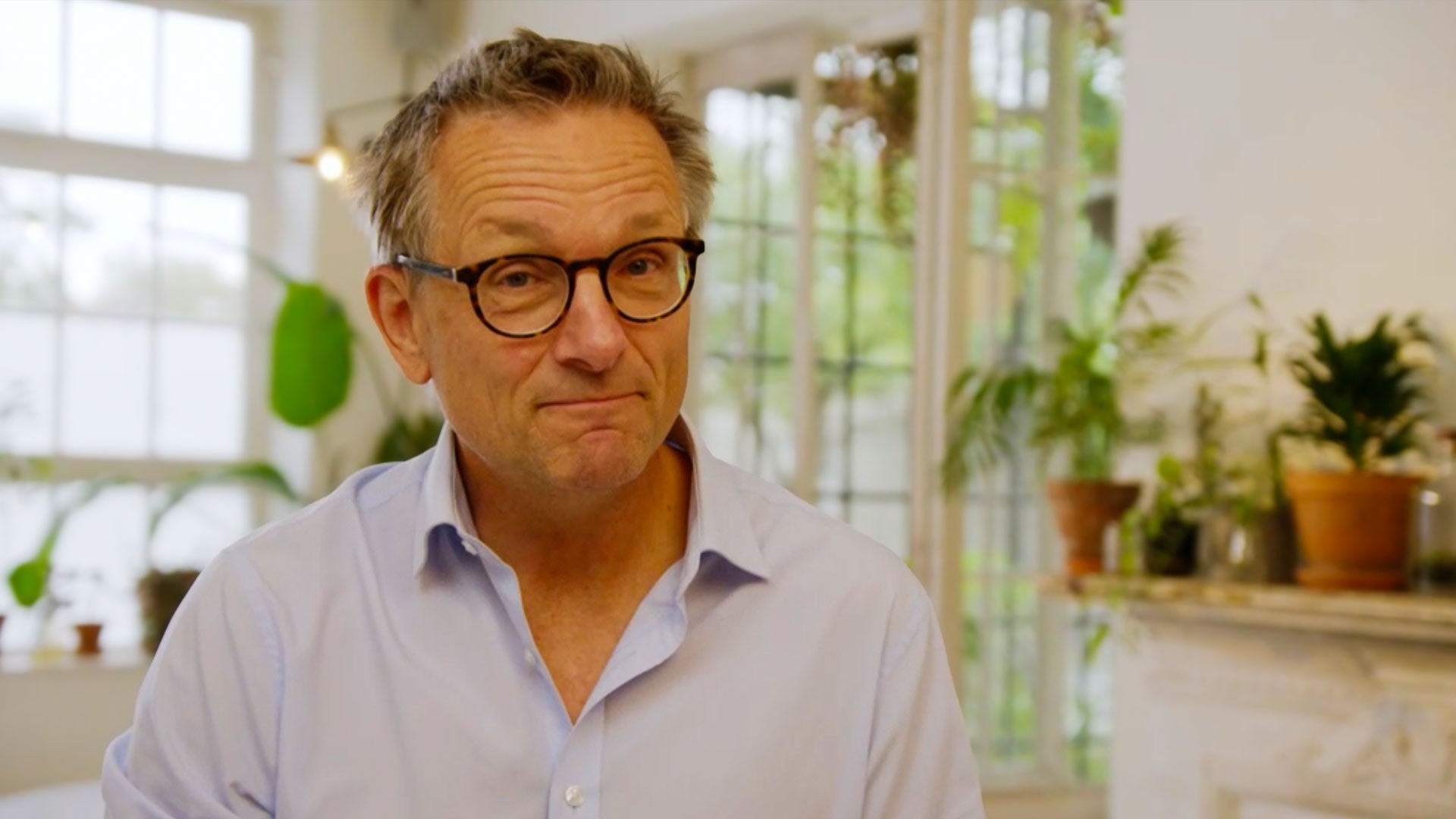
Small doable habits that can be incorporated into your daily life which make a big difference to your health was the foundation of almost everything that Dr Michael Mosley thought about health.
Instead of setting high bars and extreme challenges, by doing just one thing every day, he believed you’d be more likely to succeed and therefore make a bigger impact on your health outcomes across your lifetime.
In memory of the much-loved broadcaster, who tragically died earlier this summer, the BBC is dedicating a day to him this Friday, appealing to its audiences and presenters to share how he inspired them to do “Just One Thing”, also the name of his phenomenally successful Radio 4 series.
“Michael changed people’s lives,” says the BBC Radio 4’s Mohit Bakaya. “His Radio 4 podcast inspired so many, so we thought it would be fitting to dedicate a day to the impact he had on people’s lives.”
Here, we ask six health experts what advice had the biggest impact on them…
‘Harness the power of hunger’
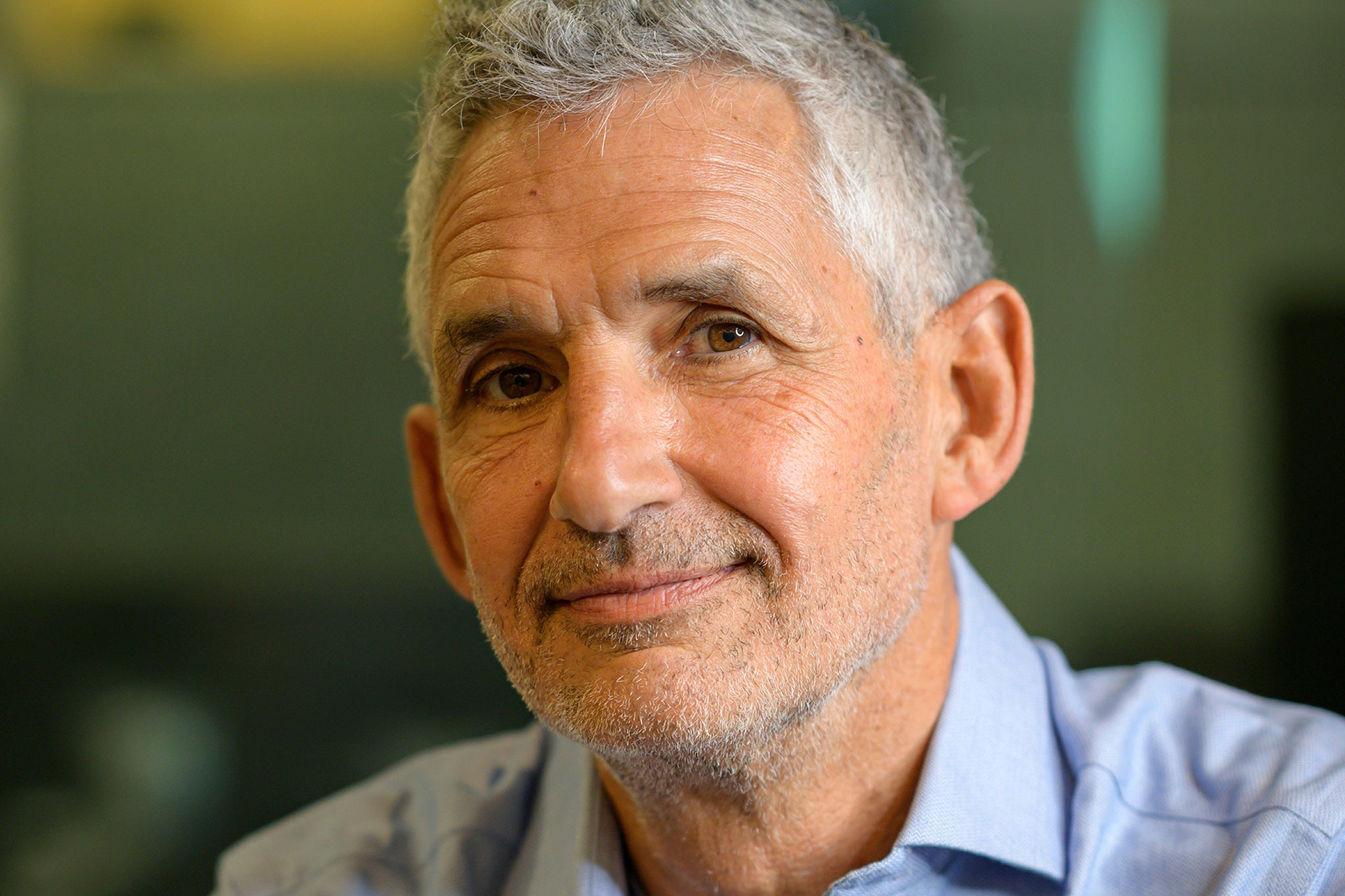
Tim Spector, a professor in genetic epidemiology at King’s College London and founder of the personalised nutrition programme Zoe
“My friend Michael Mosley was the first to really publicise the benefits of fasting. Thanks to his book, The 5:2 Diet, which then morphed into his work on intermittent fasting and narrowing the window in which we eat, he made fasting seem simple and really quite doable.
“That was an important turning point for me. In that simple but science-backed way of his, he made us realise that it was OK to feel a little hungry occasionally, and that it would pass. Before this, we were quite frightened of hunger, thanks largely to a snack culture driven by a food industry that taught us we needed a snack to see us through an hour-long train or car journey. In countries like Spain and Italy they don’t do this, they simply wait for their main meals to eat.”
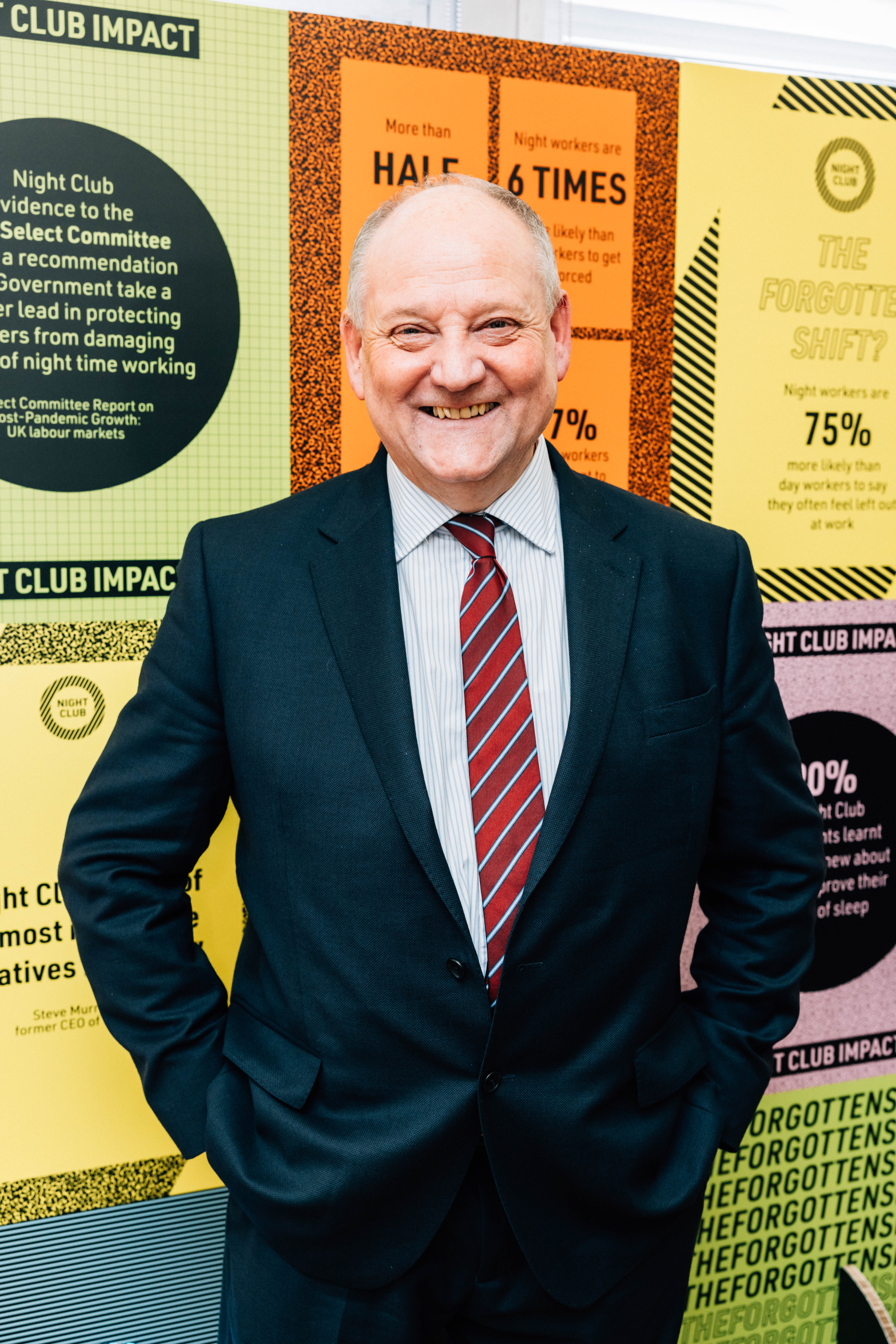
‘Stand on one leg’
Russell Foster, a professor of circadian neuroscience at the University of Oxford and author of ‘Life Time: The New Science of the Body Clock, and How It Can Revolutionise Your Sleep and Health’
“Listening to him speak – which I did many times when we worked together over the years – was like having a gentle, amusing conversation with a friend where you came away having learnt something fascinating yet simple.
He spoke about how standing on one leg for 30 seconds a day can improve our health and even help us live longer, with injuries from falling being a common cause of accidental deaths.
Mosley explained that being able to balance on one leg was the number one predictor of whether a person will live for longer, according to a study published in the British Medical Journal. He explained this was because the act of balancing is cognitively challenging for the brain and tests it in several ways, strengthens leg muscles, and improves balance, which prevents falls as we age. Mosley himself stood on each leg in turn for 30 seconds twice a day while brushing his teeth.
“I now stand on one leg while waiting for the kettle to boil,” says Foster. “He also taught me to eat fewer carbs, so I often swap boiled potatoes for a large salad full of greens. His Just One Thing concept was so disarmingly simple, yet so effective.”
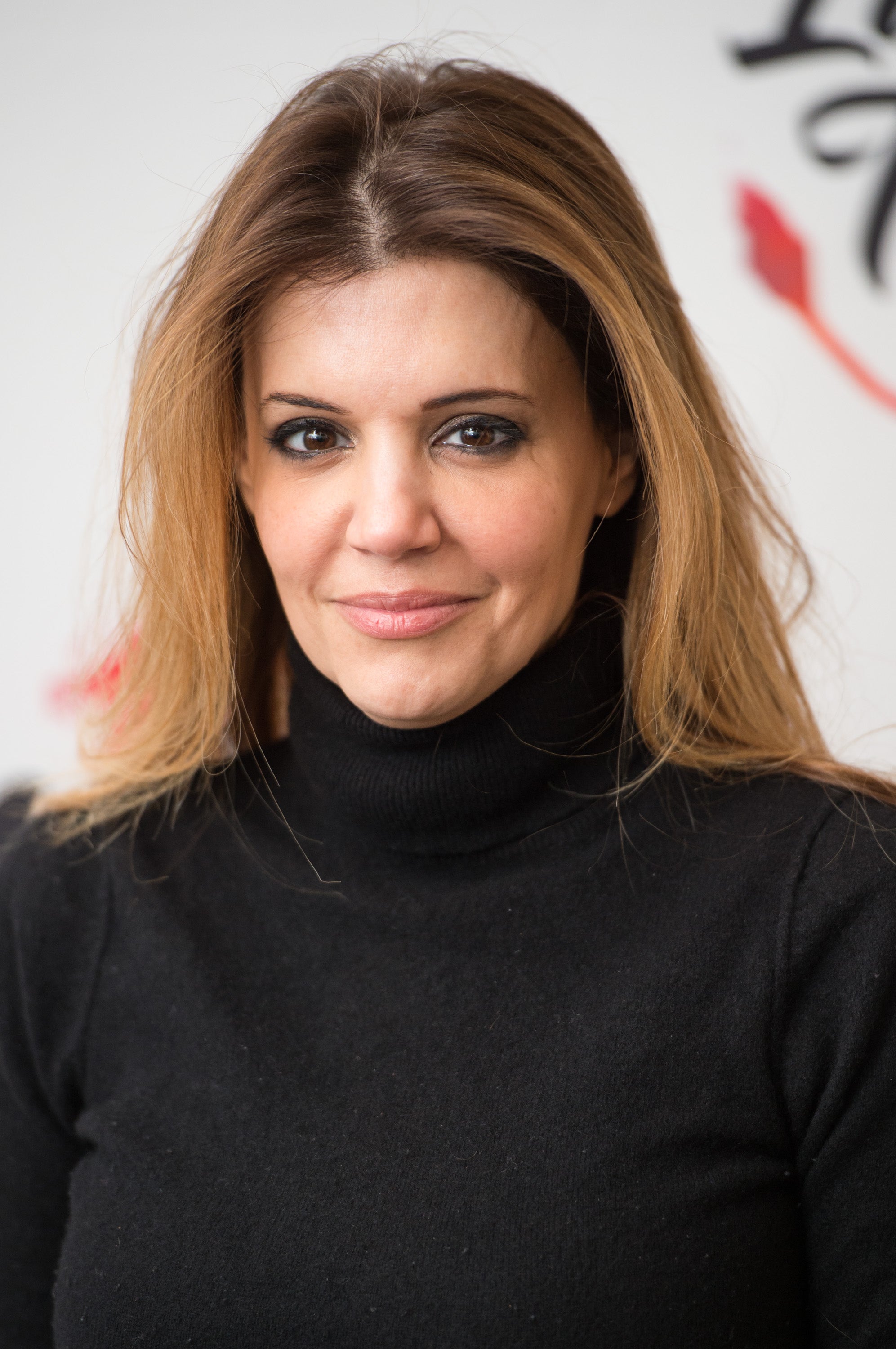
‘Volunteer and help others’
Psychologist Dr Linda Papadopoulos
“I loved Michael’s advice about how helping others can also help you. Research shows that volunteering can improve your mental health, lower your cholesterol, and help you live a longer, happier life. As a psychologist, I tell my clients that it helps free you from your own problems, at least for a little while.
“Taking the time to focus on others is a wonderful thing to do for them, but it can help give us a sense of belonging, help us to connect with our communities and make friends, thus reducing loneliness and isolation.”
One study published in the journal Daedalus found that older volunteers had a reduced risk of high blood pressure, enhanced cognition, and lived longer, which the study authors believed was due to volunteers being more active, but also happier and more engaged, which led to the showing “better physiological functioning”.
“It can be as simple as checking in on your elderly neighbour; joining your school PTA; stepping in to help that overwhelmed mum at school with lifts. We all know somebody in need,” says Papadopoulos.
“The other piece of advice I follow every day is an early morning walk, which ticks so many health boxes. Studies show exposure to natural light helps improve sleep duration and quality by resetting your circadian rhythm, and a walk helps with exercise and getting me outside in greenery too.”
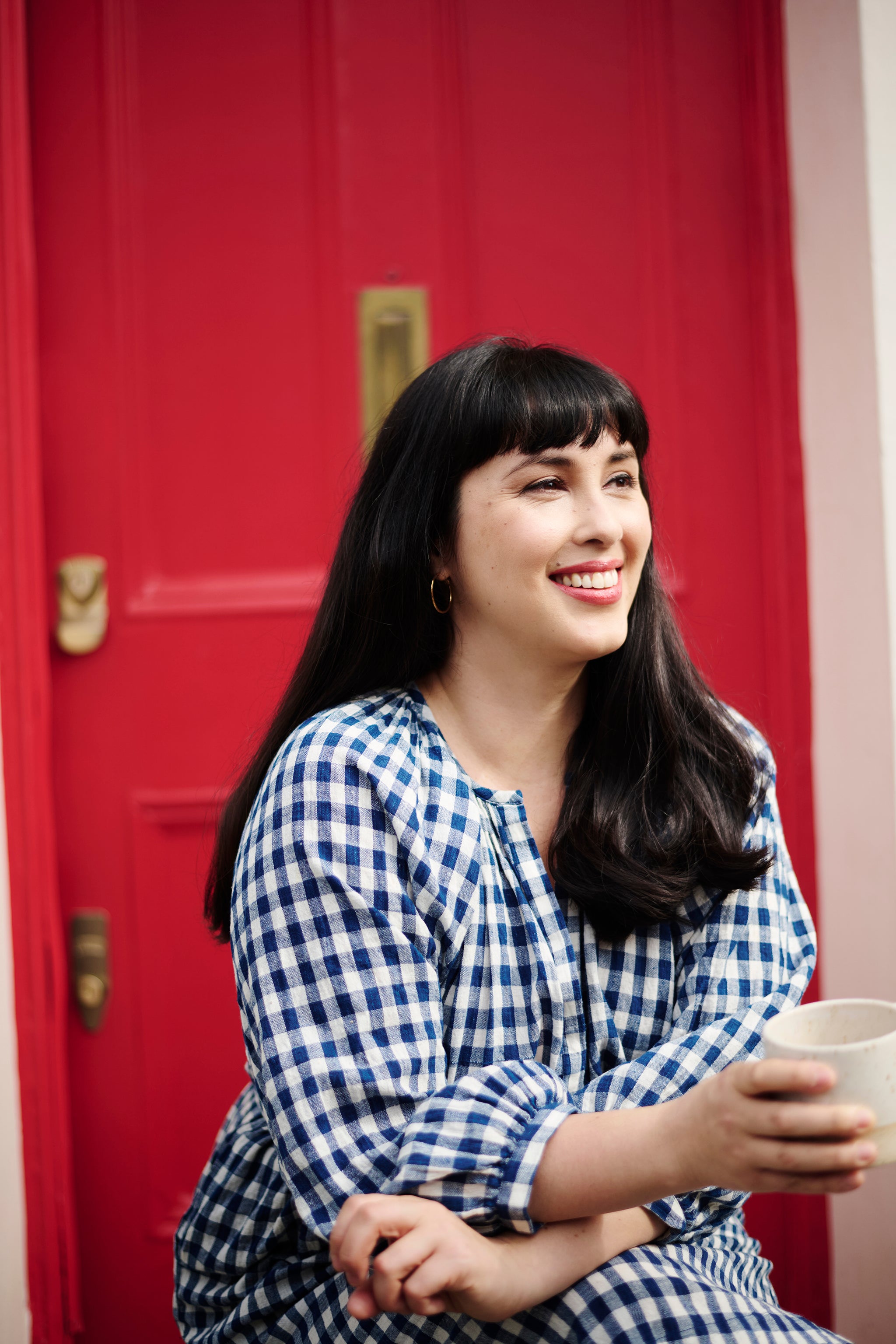
‘Get some houseplants’
Cookbook author Melissa Hemsley, whose new book ‘Real Healthy: (Unprocess your diet with easy everyday recipes)’ is out 11 July
“I loved Michael’s advice about having them in each room and not just because they look good. From the visual healing of the colour green, to the improvement in air quality, especially for city dwellers like me when pollution can sometimes be worse inside our houses than outside.”
Houseplants absorb carbon dioxide and emit oxygen, which improves air quality. He also talked about research that found they can boost your mood, energy levels, productivity and cognitive abilities at work. One study found when workers are able to view a plant from their desk, they perform better in concentration tasks by 19 per cent.
“I especially love an edible green plant,” says Hemsley, “and I keep little herb pots of rosemary, basil, and mint in my kitchen, for cooking, cocktail making, and infusing for herbal tea, which I like to think he’d like too.”
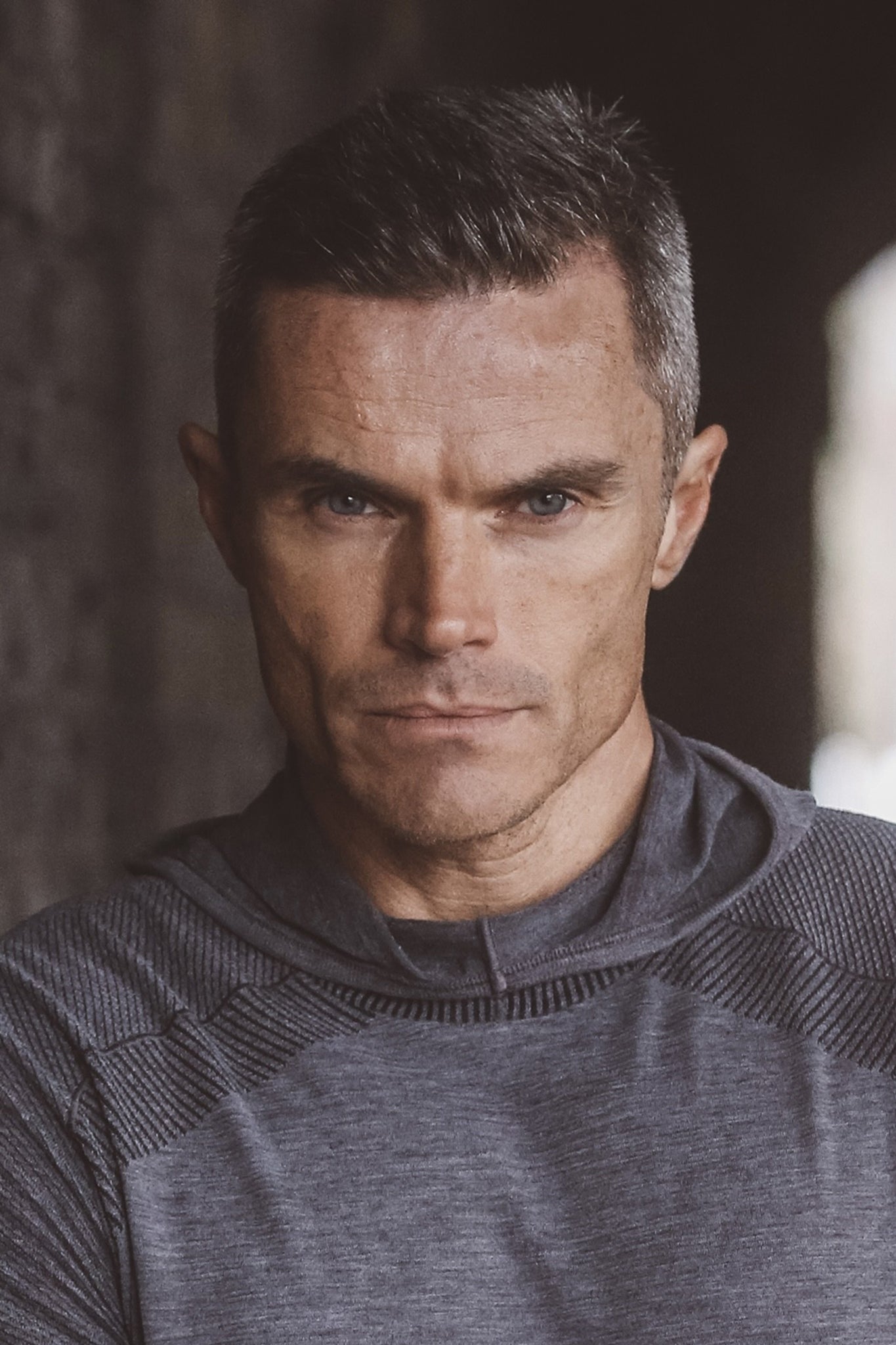
‘Embrace cold water’
Matt Roberts, celebrity personal trainer
“Michael often spoke about the health benefits of immersing yourself in cold water. ‘And if you don’t live by the sea or a convenient river, you can of course have a lovely cold shower at home,’ he once said.
“Cold water swimming and cold water immersion are proven as being hugely beneficial for a number of health benefits, including lowering stress levels, improving your mood and cardiovascular health, strengthening your immune system, and protecting your brain.”
A 2020 study from the University of Cambridge found that a protein found in the blood of cold water swimmers (called RBM3) was found to slow the onset of dementia.
“The rise in our metabolic rate caused by the reaction to the cold and the need to move more to stay warm in the cold water, is another benefit,” says Roberts. “The impact on our heart rate variability, which is the gaps between beats, and its effect on how our vagus nerve works is enormous, and may be the key to living longer and better.
“The vagus nerve is the main nervous pathway and the one that controls most of our bodily functions. In short, exposing yourself to cold water whenever you can is a small piece of advice with some enormously powerful life-changing effects.”
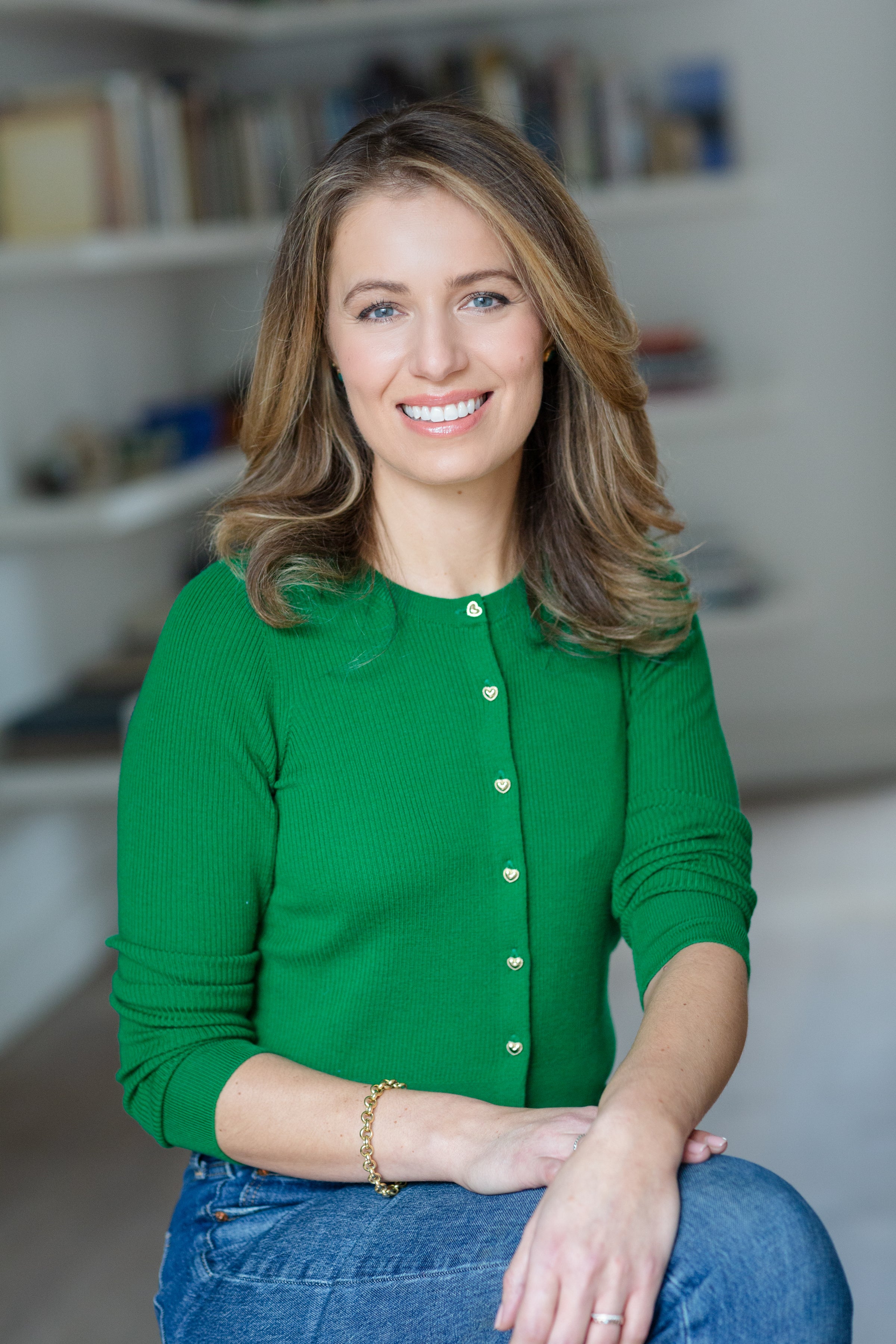
Break up your exercise into chunks
Dr Federica Amati is a nutritional scientist and author of Every Body Should Know This
“Michael brought the concept of ‘exercise snacking’ into the mainstream; the idea that breaking down your daily exercise into bite-size chunks could be even better for you than one long session in the gym and then sitting all day (and more fun, too). I love this advice because it's so much more achievable to fit into our busy lives and feels like a realistic goal for most people.”
It might also be healthier too. Research from Ulster University found that doing multiple bursts of shorter exercises is just as good as one session and may burn more fat. Marie Murphy, a professor of exercise and health at Ulster University, told Mosley on his podcast that breaking up your exercise increases the number of times we’re stimulating our metabolism, so “you still have that metabolic mill turning a little bit quicker”. This, she explained, might explain why exercise snacking has been shown in studies to work better at reducing body fat and cholesterol levels.
“Whether that's taking the stairs instead of a lift, doing the school run on foot, having dance parties in the kitchen with your children or even doing a few bodyweight squats whilst waiting for the kettle to boil, I prioritise exercise whenever I can.
“It's important to move throughout the day, every day, to keep functionally active and embodies what was so brilliant about Michael's advice; practical tips that, through just one small change, can have a huge impact on our health for years to come.”





Join our commenting forum
Join thought-provoking conversations, follow other Independent readers and see their replies
Comments